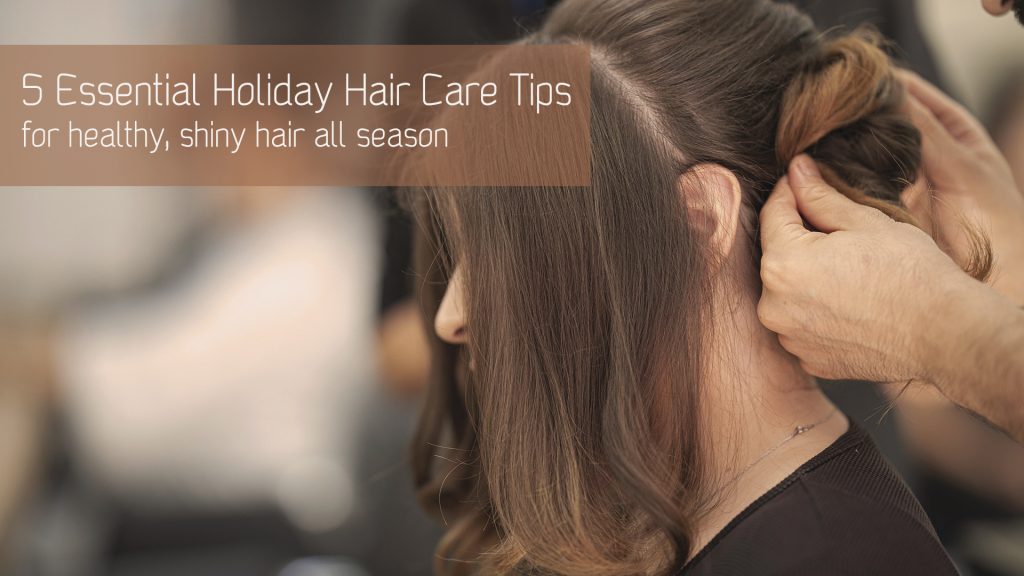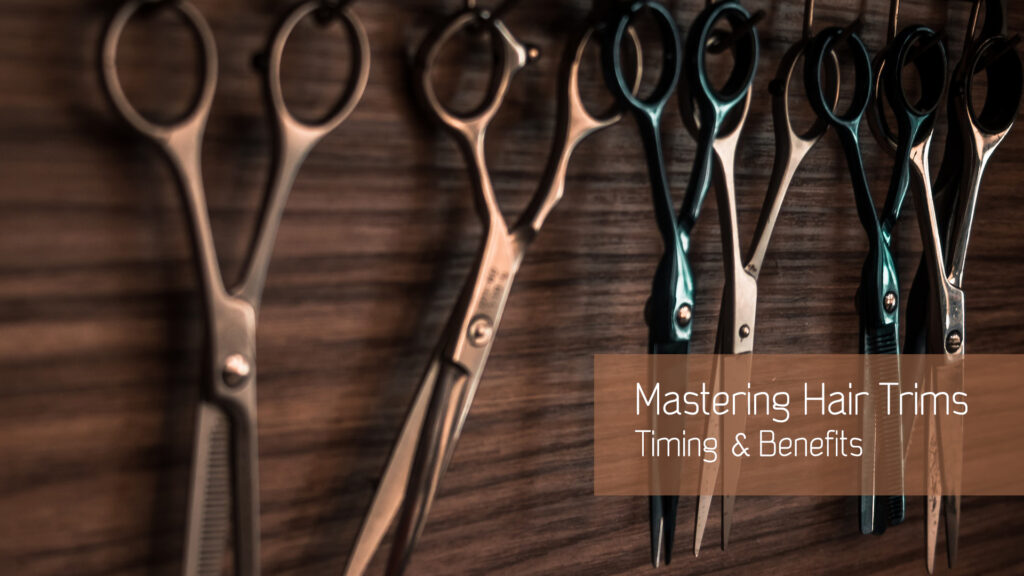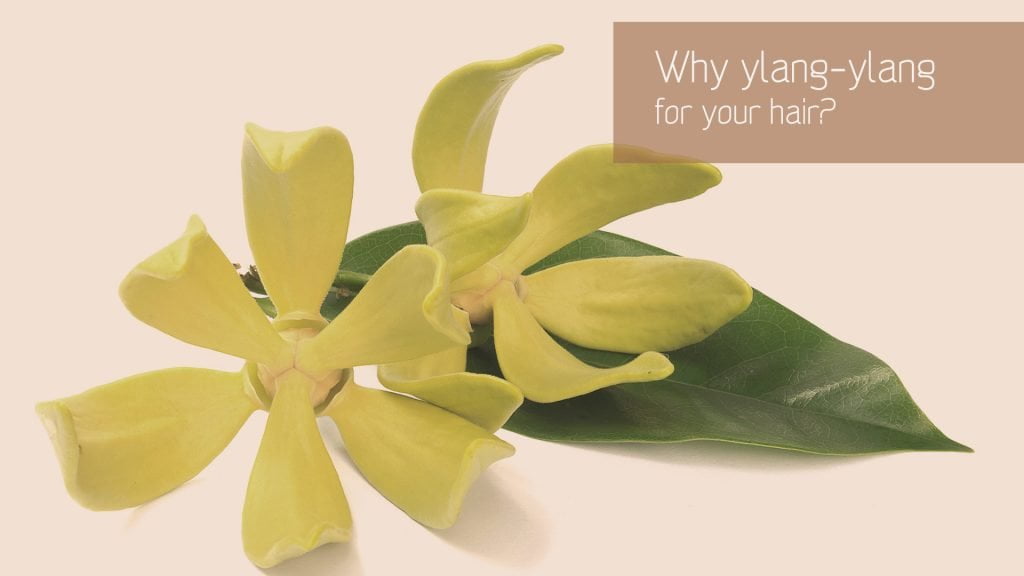If you go to your favorite search engine and type “DIY + hair + (fill in the blank)” you will get countless recipes and tutorials completely free of charge. Sometimes, these are provided by people with such gorgeous hair, you might want to ask yourself: “Do I really need to buy all sorts of products when there are DIYs everywhere?” We have an answer for you. And we promise… it is not biased.
Choosing DIY
Some people like to think of DIY as a trend but really, it is just what people used to do before they went to the supermarket to get everything pre-packaged. Actually, it is what some people still do on a regular basis. And to be clear, it can work. Some recipes are very simple and very effective: eg, clay washes made with bentonite, shikakai for cleansing and conditioning, homemade butters, gels, oil mixes, etc.
Now, whether these recipes are enough for comprehensive everyday hair care, it really depends. Some people have built successful regimens on DIY, even on afro-textured hair (i.e. hair that is very frizzy and naturally prone to dryness). If you are a person who is blessed with strong, resilient hair and if you live in an area where the water is not hard (or you have a water softener), and if you never apply heat or chemicals to your hair, and have a bit of time to create the recipes and take regular care of your hair, then a DIY only regimen could work for you.
There is no need to fix what is not broken. Do what works for you.
Specific needs
However, at certain times in your life, you might feel that your hair needs more. Maybe it is lacking body or it is getting brittle. In such cases, it is important to keep in mind that DIYs are not the opposite of ready-made/commercial products. They are just different.
Unless you know exactly what you are doing and you are well versed in the power of plants, clays, oils and minerals, then you need to turn to products that are designed for your specific needs.
Scientific research & commercial products
Quality commercial products bring research into the formula.
In a good product, the specific properties of the different ingredients will be taken into consideration; as well as the way the ingredients interact with each other.
A formula that is created in a lab will probably also include ingredients that are the fruit of research and that will not be readily available to everyone. Such ingredients will for instance aid in the absorption of the product in the hair, or they could have restorative or moisturizing properties.
In a conditioner, for example, the various waxes that are used in the formula should not be overlooked. They help with the texture (i.e. comfort) of the cream, the relative easiness to move a comb through the hair but also long lasting moisture in the hair.
You have probably guessed it by now but here it is. In most cases, the best option for DIYers is to DIY part time and reach for specific products when they need them.
This is especially true for those who like to change hair colors once in a while, or who style their hair with heat.
Of course, there is no need to have dozens of products in your cabinet. All you need is the specific products (and specific recipes, if you like) that will bring you results when you need them.
What about you? Do you like to DIY? When do you prefer to go homemade instead of ready-made?
Please leave a comment below or reply on Twitter using the hashtag #AntoninB







